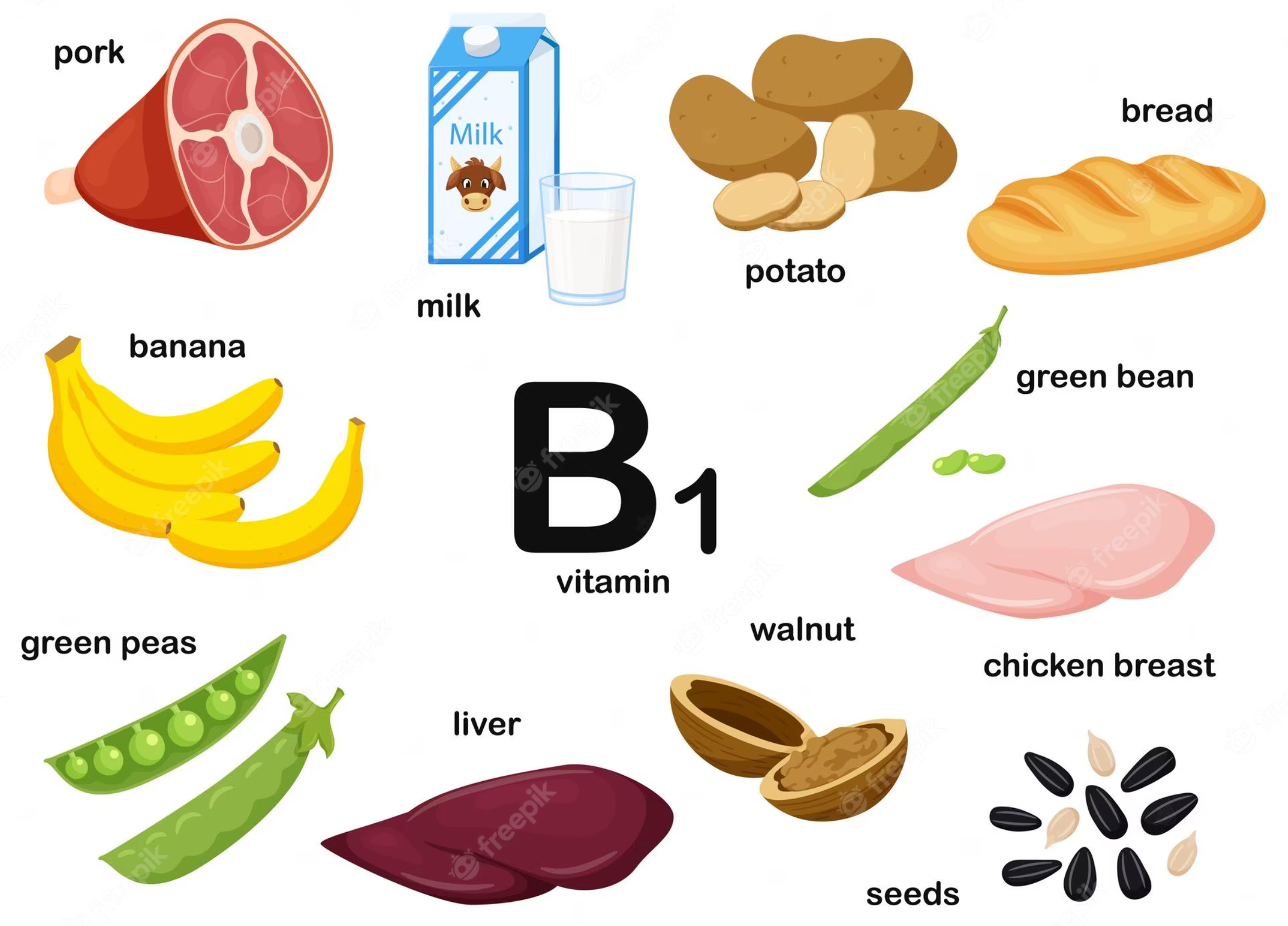
Vitamin B1 for Skin Problems: A Comprehensive Guide
Vitamin B1 for Skin Problems: A Comprehensive Guide
Vitamin B1, also known as thiamine, is an essential nutrient that plays a vital role in numerous bodily functions, including energy production, nerve function, and muscle contraction. While often associated with overall health, Vitamin B1 also holds significant potential benefits for skin health, contributing to a radiant complexion and addressing various skin problems.
How Vitamin B1 Benefits Your Skin
Here's how Vitamin B1 can positively impact your skin:
- Promotes Collagen Production: Collagen is a protein that gives skin its structure, elasticity, and strength. Vitamin B1 supports the production of collagen, promoting youthful skin and reducing the appearance of wrinkles and fine lines.
- Enhances Skin Cell Regeneration: Vitamin B1 helps accelerate the process of skin cell regeneration, aiding in the repair of damaged skin and promoting a healthier, more vibrant complexion. This is particularly beneficial for individuals with acne, eczema, or other skin conditions.
- Reduces Inflammation: Inflammation can lead to redness, irritation, and discomfort in the skin. Vitamin B1 possesses anti-inflammatory properties, helping to soothe inflamed skin and alleviate symptoms associated with various skin conditions.
- Protects Skin from Environmental Damage: Vitamin B1 acts as an antioxidant, protecting the skin from harmful free radicals caused by environmental factors like pollution, UV rays, and smoking. This can help prevent premature aging, hyperpigmentation, and other skin damage.
Vitamin B1 for Specific Skin Problems
Let's delve into how Vitamin B1 can address specific skin concerns:
Acne:
Vitamin B1 may contribute to acne management by regulating sebum production (oil) and reducing inflammation. By supporting collagen production, it can also help improve the appearance of acne scars.
Eczema:
Eczema is a chronic skin condition characterized by dryness, inflammation, and itching. Vitamin B1's anti-inflammatory properties can help reduce the severity of eczema symptoms and improve skin hydration.
Psoriasis:
Psoriasis is another chronic skin condition characterized by red, scaly patches. Vitamin B1's anti-inflammatory and skin-regenerative properties may help alleviate symptoms and improve the appearance of psoriasis patches.
Rosacea:
Rosacea is a skin condition that causes redness, flushing, and visible blood vessels on the face. Vitamin B1's anti-inflammatory properties can help reduce redness and improve skin health.
How to Increase Vitamin B1 Intake
You can increase your Vitamin B1 intake through various means:
- Dietary Sources: Incorporate foods rich in Vitamin B1 into your diet, such as pork, beans, lentils, nuts, and whole grains.
- Supplementation: Consult with a healthcare professional before taking Vitamin B1 supplements, as excessive intake can lead to side effects.
Conclusion
Vitamin B1 plays a crucial role in maintaining healthy skin. By supporting collagen production, enhancing cell regeneration, reducing inflammation, and protecting against environmental damage, it can contribute to a radiant complexion and address various skin problems. Incorporating Vitamin B1-rich foods into your diet or considering supplementation under professional guidance can help you reap its benefits for a healthier, more beautiful you.



Leave a comment
This site is protected by hCaptcha and the hCaptcha Privacy Policy and Terms of Service apply.